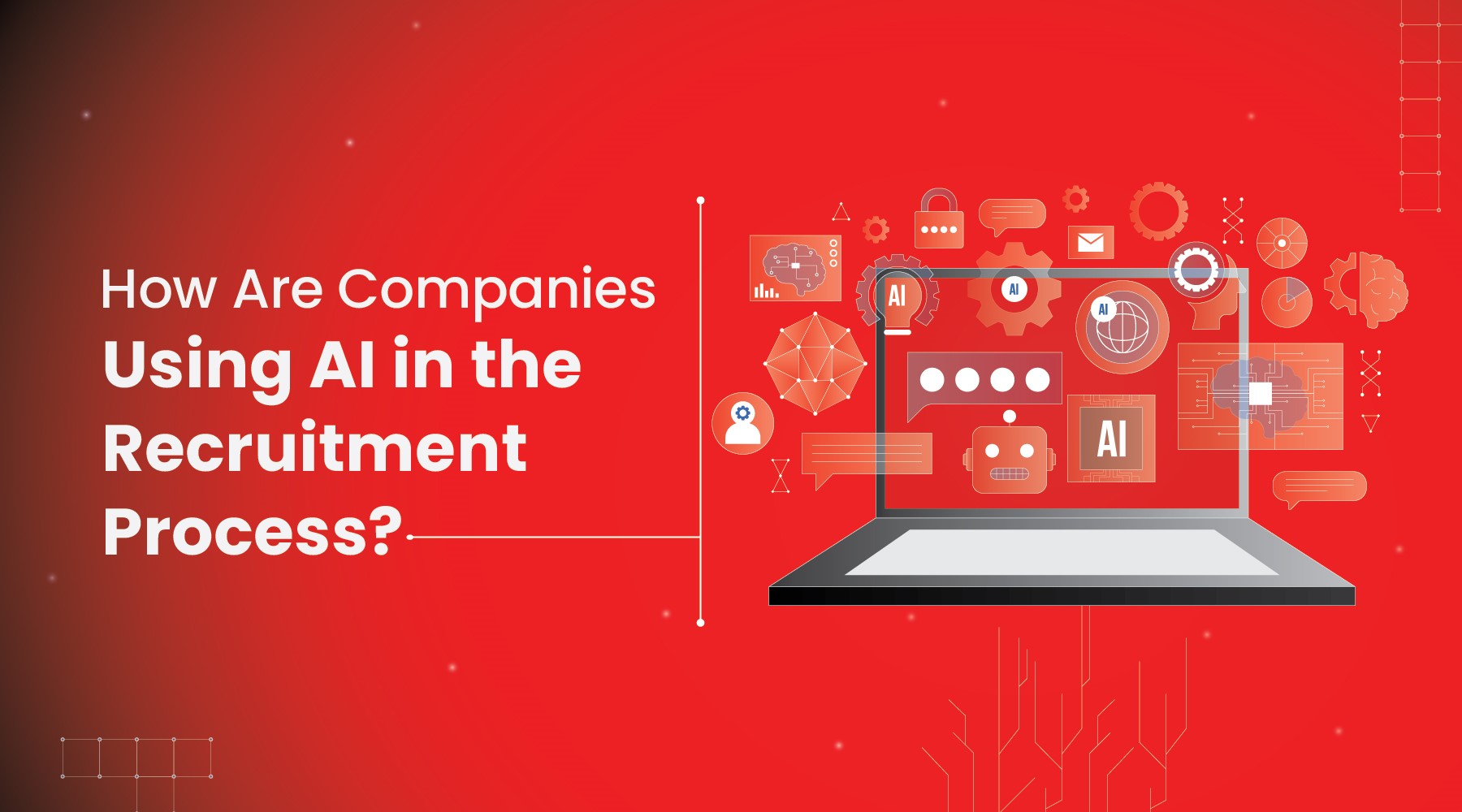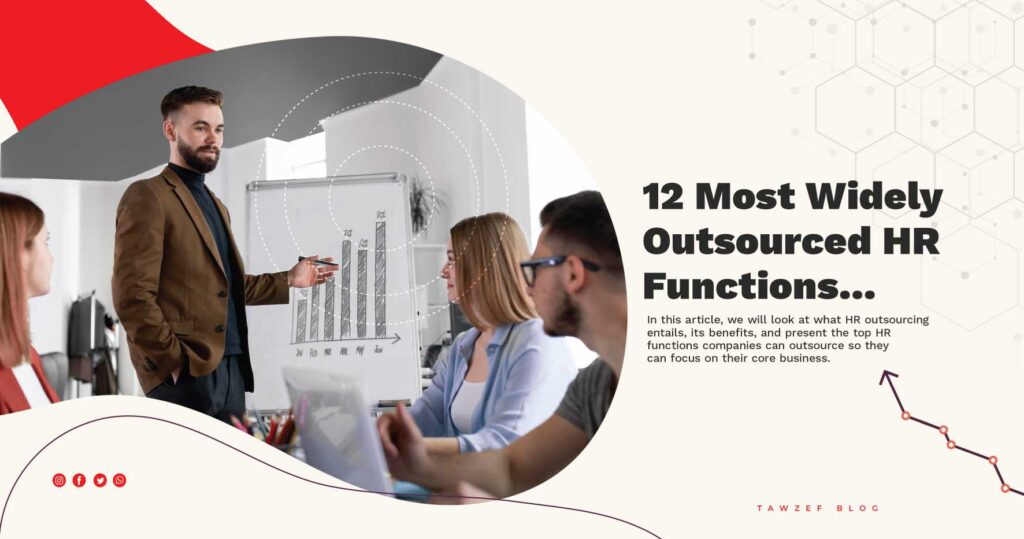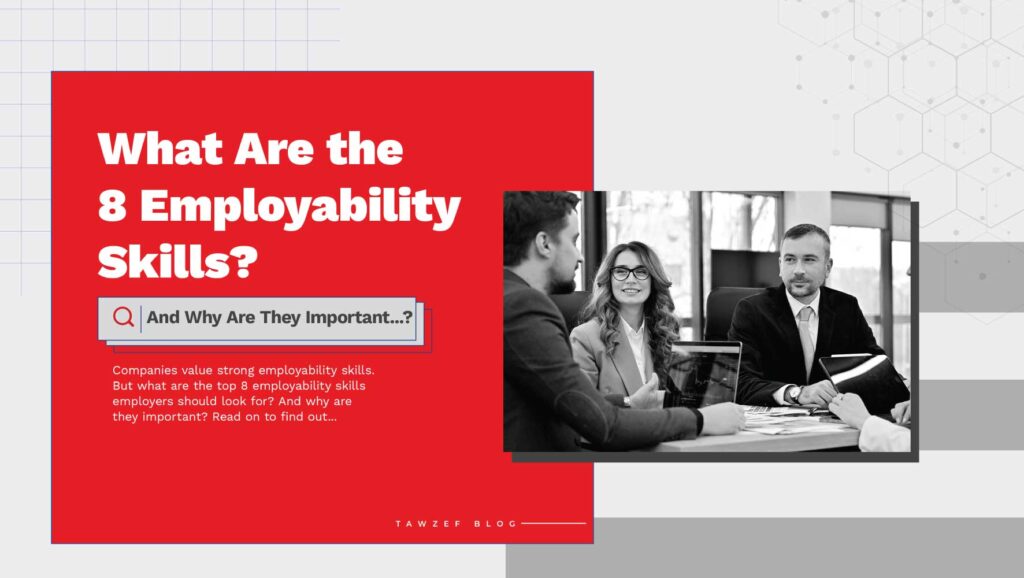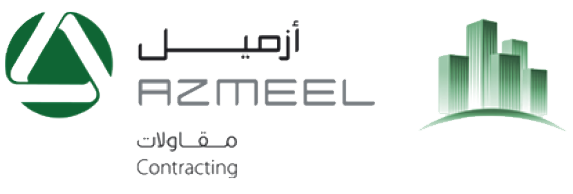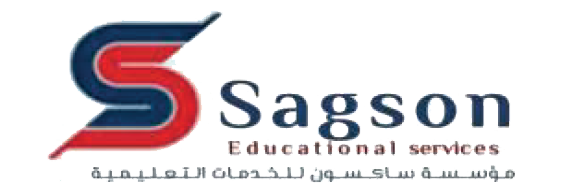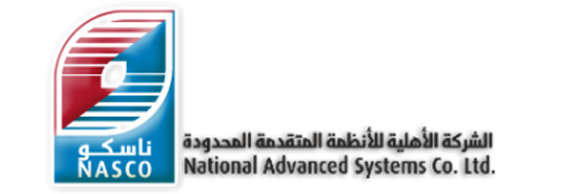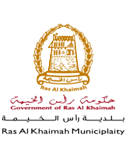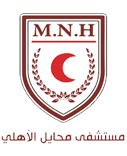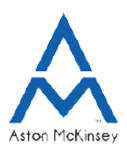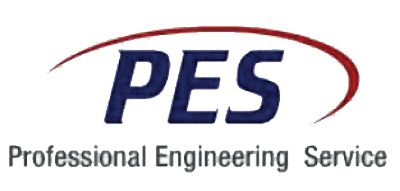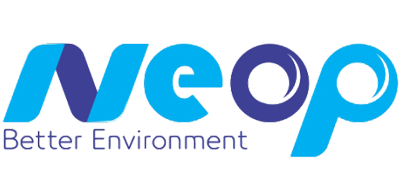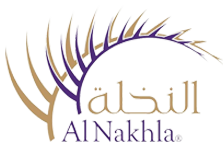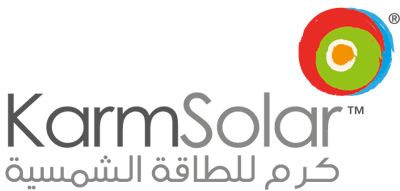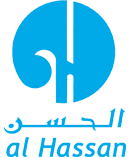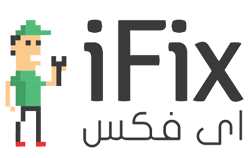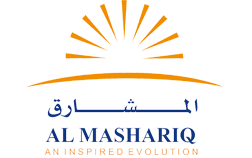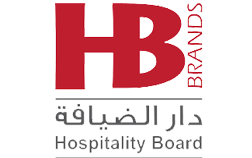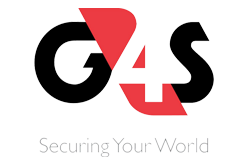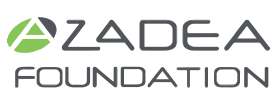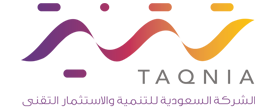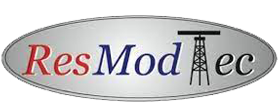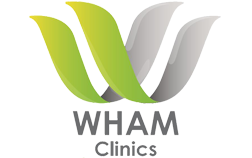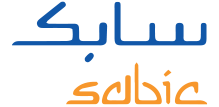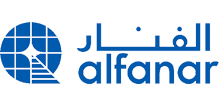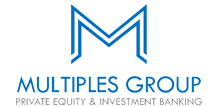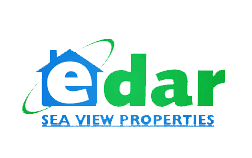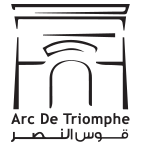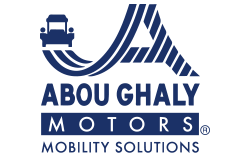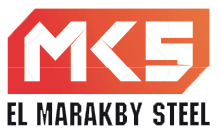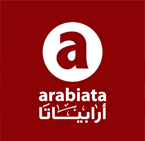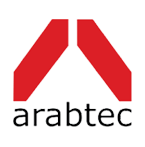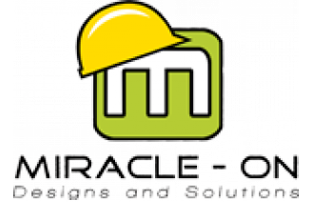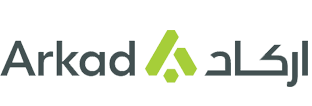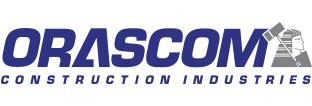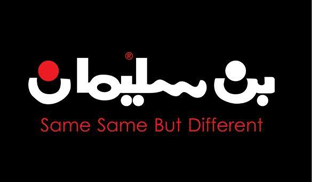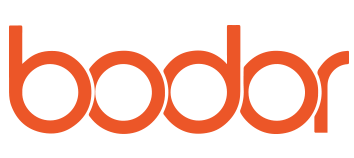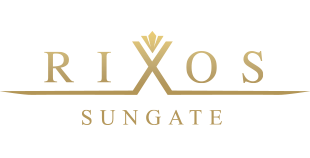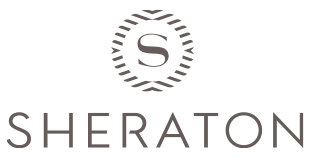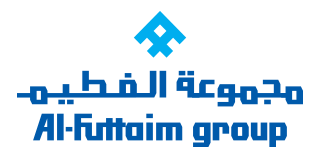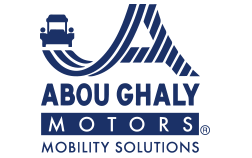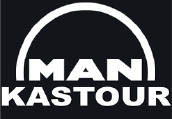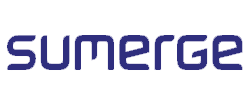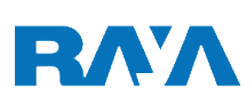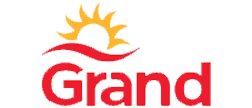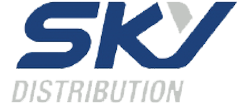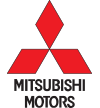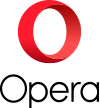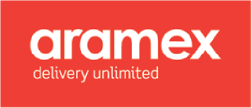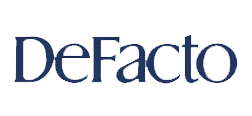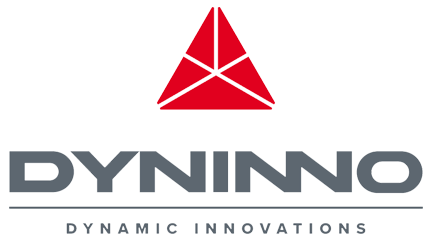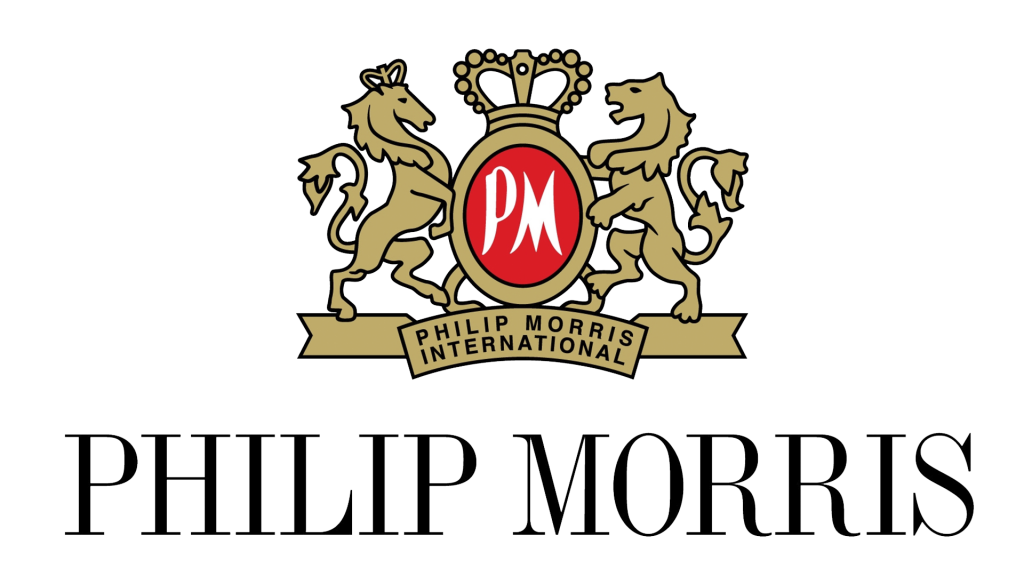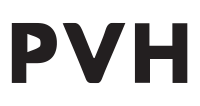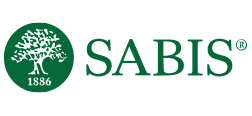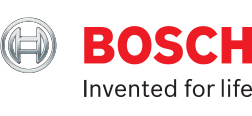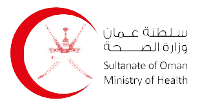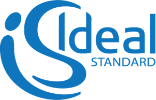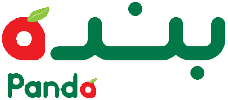Wherever you go or look, you’ll find people talking about artificial intelligence (AI). On LinkedIn, professionals from every industry across the globe are praising the role of AI tools like ChatGPT and others.
With its many functions, the HR field has its share of AI-powered tech solutions. But there’s lots to consider and be aware of when combining AI and HR. Specifically, how companies use AI in recruitment.
The recruitment process has many stages and variables. In a way, each job post is different. Just because two companies are looking for a marketing executive doesn’t mean they have the same needs.
So, how does AI fit in? More importantly, what should companies, HR teams, and hiring managers beware of when using AI in the recruitment process? Or even in their day-to-day activities? What are the top areas of HR where AI has the most impact?
And what do hiring experts have to say about the increasing adoption of AI in HR?
Keep reading to find out!
AI and the HR industry
The increasing use of AI in recruitment is one of the top HR trends for 2023 and beyond.
Data by Research & Markets forecasts global artificial intelligence in the HR market will reach $5.26 billion in 2023. This figure is expected to double to $10.70 billion by 2028, marking a compound annual growth rate (CAGR) of 15.26%.
Research by the Society for Human Resource Management (SHRM) in 2022 found that nearly 25% of “organizations already use automation or AI to support hiring.”
AI adoption increases to 42% among employers with 5,000 or more employees, SHRM reports. This percentage drops to 16% in small businesses with up to 99 employees.
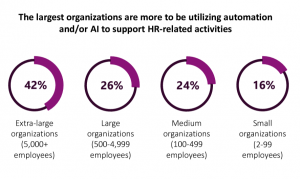
large organizations are utilizing AI to support hr
How are companies using AI in recruitment?
You’re probably wondering: What areas of HR are companies using AI in?
According to Ubidy CEO and managing director Evan Shellshear, AI is being used “everywhere in the HR field.”
He explains that companies are using AI in every step of the hiring process from “role creation” to sourcing to shortlisting. Some companies are even using AI to conduct background checks. “People are even trying to build tools using AI,” he says.
TechieMatter CEO Muhammed Abu Elgheit concurs. He notes the many AI tools in the HR field but stresses that “each of these tools has a different purpose based on the different specializations.”
“AI definitely affects the HR industry. But how it affects the industry depends on how people are using these tools,” Abu Elgheit adds.
The SHRM’s survey shows recruitment ranking in the top spot in AI adoption in HR with 79%. Learning and development came in second place with 41%, followed by performance management with 38%.
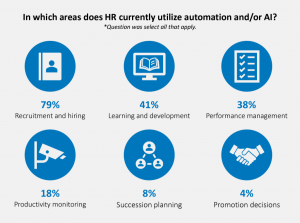
areas that hr utilize AI
But these aren’t the only areas or ways companies are using AI in HR.
Tech giant IBM uses AI to predict when employees are going to leave. Their “predictive attrition software” is 95% accurate.
AI in recruitment and selection
Nearly 25% or 1-in-4 organizations are planning “to start using or increase their use” of AI or automation in recruitment and hiring in the next 5 years. (SHRM)
As for how HR professionals use AI in recruitment, SHRM found communicating with applicants during the interview process to be the top reason at 69%.
Reviewing and screening applicant resumes came in at a close second with 64%. Automating candidate searches and customizing job postings to specific groups came in third and fourth places, respectively. (SHRM)
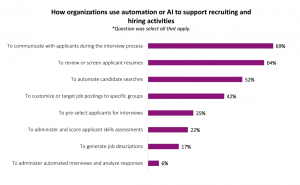
organization use AI to support hiring activities
One of the most popular AI tools hiring managers and recruiters have been using for years is the applicant tracking system (ATS).
Companies use the ATS to manage their hiring process, specifically the screening process. This system is designed to collect information and organize potential candidates based on criteria added by the hiring manager or HR.
However, one of the top downsides is that candidates have learnt to add certain keywords so the ATS would pick them up and push their resumes to the top of the pile.
The result? Many qualified candidates who don’t use these keywords drop to the bottom of the list, while less qualified candidates rise.
Shellshear explains that as HR teams begin using AI tools, they end up adding biases and “preconceived notions.”
Companies and professionals need to understand how the AI tool’s algorithm works and what it can and can’t do.
Businesses “need to understand what problems an AI tool’s algorithm is bringing to them. These problems may come from the data the AI tool is trained on or the company’s data itself.”
With the applicant tracking system, the problem arises from the keywords the HR person is looking for.
Types of AI tools used in HR
Besides the ATS, which has been around for over a decade, there are many AI-powered tools that can speed up HR operations.
Since AI can be used across all HR functions, let’s look at some opportunities where AI can be helpful.
We’ll cover AI tools for recruitment in the next section.
Simplifying PTO requests
AI tools can help managers and HR teams manage employees’ paid time off (PTO) requests and reduce potential human errors.
One benefit of using AI to manage PTO requests is that the software is available 24/7. So, even if a team member logs in after midnight the data will be available.
Managers can automate the PTO request process for their teams. When an employee requests PTO, they can see if others have made requests during the same time frame.
This also makes it easier for teams or managers who have to revert to HR for vacation approval. It also saves time wasted in coordinating vacation requests to ensure a smooth workflow.
Identifying who needs training
Some AI-powered HR tools can help managers and HR personnel decide what training they need to provide employees with to enhance their skills.
The AI can recommend courses or training programs for employees following an assessment of their skills or knowledge.
Providing turnover predictions
IBM HR has patented its “predictive attrition program,” which predicts which employees are likely to leave with 95% accuracy.
The software, developed in collaboration with Watson, also provides managers with actions to reengage employees and work on retaining them.
IBM’s CEO Ginni Rometty says the “predictive attrition program” saved the company nearly $300 million in retention expenses in 2019.
Reviewing candidates’ social media presence
Some jobs require the HR team to review candidates’ social media presence, what they’re doing, what they talk about, and so on.
AI can be useful here in reviewing this content and summarizing its findings.
AI tools in recruitment
Continuing with the AI tools HR professionals and companies use in the HR field, let’s see how AI can help companies across the recruitment cycle.
Whether or not you’re using AI in recruitment, you should determine which recruitment KPIs you need.
Sourcing candidates
The first step in finding the right hire is to source candidates, a time-consuming step that can benefit from AI technology.
By inputting the correct criteria and data, companies can save time and find relevant candidates faster.
AI-powered video software
Many HR professionals are now using automated video software to speed up the screening and interviewing processes.
Using video interviewing software, HR can get an idea about candidates, their experiences and skills, before deciding if they’ll move on to an in-person interview.
Companies like Velents and HireVue use video interviewing software to help companies hire faster.
Evaluating interview responses
The HR team can use AI to evaluate responses to interview questions. This can be done with video interviews and written or online responses.
When using AI, it’s best to use a structured interview for fairer results.
Case study: Amazon’s big AI screening flop
Globally, there’s a larger supply of candidates with jobs being unable to keep up. So, for every job, companies get hundreds, and sometimes thousands of resumes.
To overcome this, companies are constantly looking for ways to trim down the hiring process.
When HR professionals and hiring managers turn to AI, they often don’t realize that these tools are programmed to do certain things.
Attempting to do more can lead to disastrous results, which is what happened with mega e-commerce retailer Amazon.
Attempting to do more can lead to disastrous results. Amazon is one company that witnessed this first-hand when it tried using AI to screen resumes.
To speed up screening and filtration, Amazon used an AI tool that gave candidates scores from 1 to 5 stars. It’s similar to how customers rated products on Amazon’s website and mobile app.
The company hoped the AI screening tool would handpick the best candidates from a ton of resumes. It specifically used this tool for software developer and technical roles.
Soon after, Amazon discovered that its AI tool was not gender-neutral! The reason behind this ‘discrimination’ was how the algorithm worked and how the data was input into it.
“Amazon’s computer models were trained to vet applicants by observing patterns in resumes submitted to the company over a 10-year period. Most came from men, a reflection of male dominance across the tech industry,” Reuters explained.
By observing patterns, the AI screening tool “taught itself that male candidates were preferable.”
“AI tools can be great for automating many processes. But we need to be incredibly careful when using AI,” stresses Ubidy’s Evan Shellshear.
When using AI tools like ChatGPT, “we need to understand what they’re designed to do,” he says. ChatGPT was designed to understand conversation and writing. It operates on prompts provided.
But using these tools in situations they weren’t developed for could create new problems.
“HR could ask ChatGPT to summarize a CV for them into main points. The problem arises when this HR person asks ChatGPT if ‘it thinks’ a candidate is fit for a certain role or not,” Shellshear elaborates.
“ChatGPT wasn’t designed to provide fair and unbiased evaluations of people’s skills for jobs. But some people use it for that,” he adds.
TechieMatter’s Abu Elgheit agrees with this view, noting that AI tools come with pros and cons for the HR field. But he also believes that their “pros outweigh the cons.”
“AI alone, without human input, isn’t enough. It will not offer positive or satisfactory results. It can offer data points. However, candidate potential, culture fit, among other factors can only be decided by a human, an HR professional,” he says.
Final words
AI has come a long way and offers many opportunities to automate and help businesses in many sectors including HR.
But with HR specifically, it’s important to remember that the human element is essential. Even with AI, you need humans at some point in the hiring process.
“Companies need to be very careful with how they’re using AI. They should know what biases they’re bringing on,” Shellshear advises.
Meanwhile, TechieMatter’s AboulGheit warns about the fast-paced “progression of AI in the HR field.” He stresses that HR professionals “need to read a lot about AI and its uses in the HR field.”
As for how HR can use AI, AboulGheit says: “HR managers and professionals need to set objectives for how they plan to use AI and in which field. Are they using is to source candidates? For applicant tracking? To increase productivity?”
“At the end of the day, HR is a human-based and human-focused field. So, while AI can be helpful, HR professionals shouldn’t rely on it 100%. They need to remember that AI tools can’t make decisions for them.”
Further reading
How to Calculate the Cost of Employee Turnover
11 HR KPIs and Metrics to Measure for Better Business Performance
Your 6-Step Guide to Creating an HR Strategy
HR Jobs: A Complete Guide For Employees & Employers
Everything You Need to Know About Employee Training and Development KPIs
What Is the Candidate Experience in Recruitment?
9 Employee Engagement Metrics to Track for a Better Work Culture
Why HR Policies Are Important for Businesses






